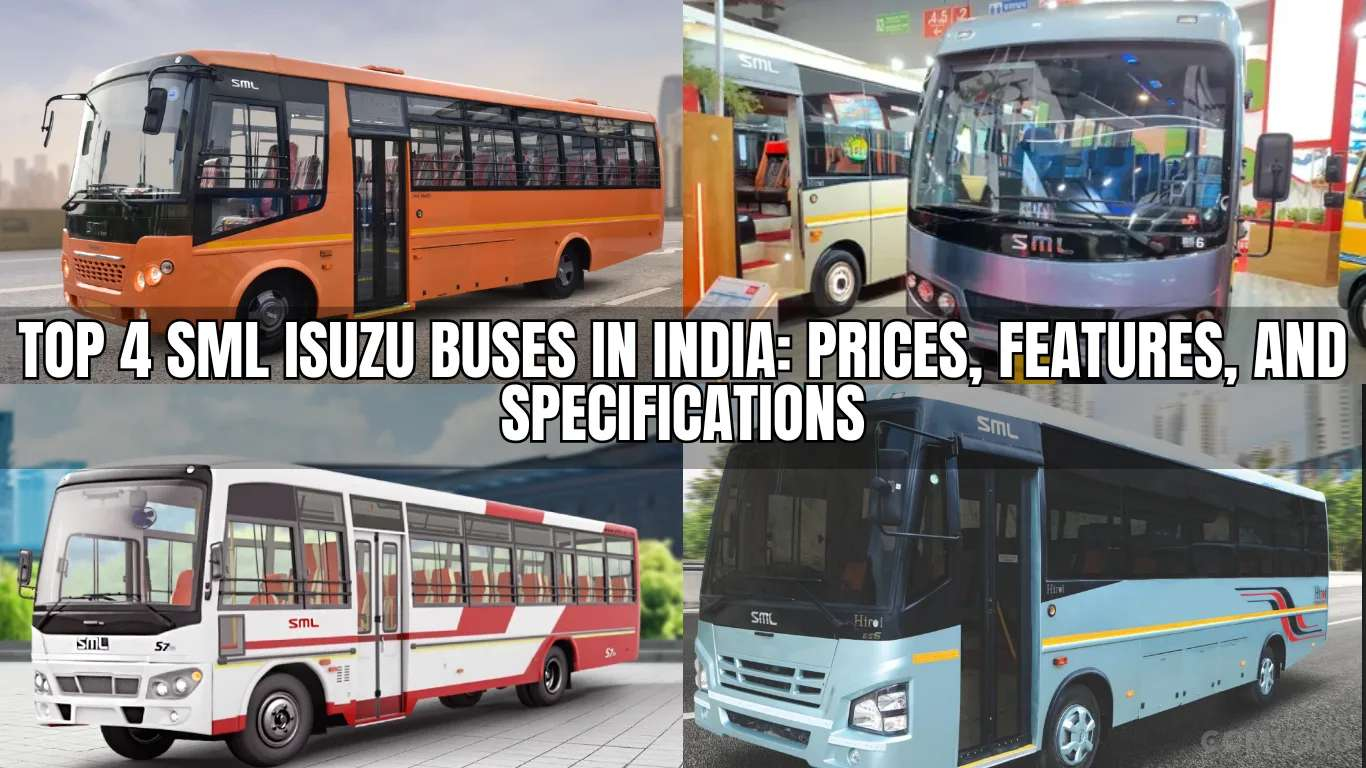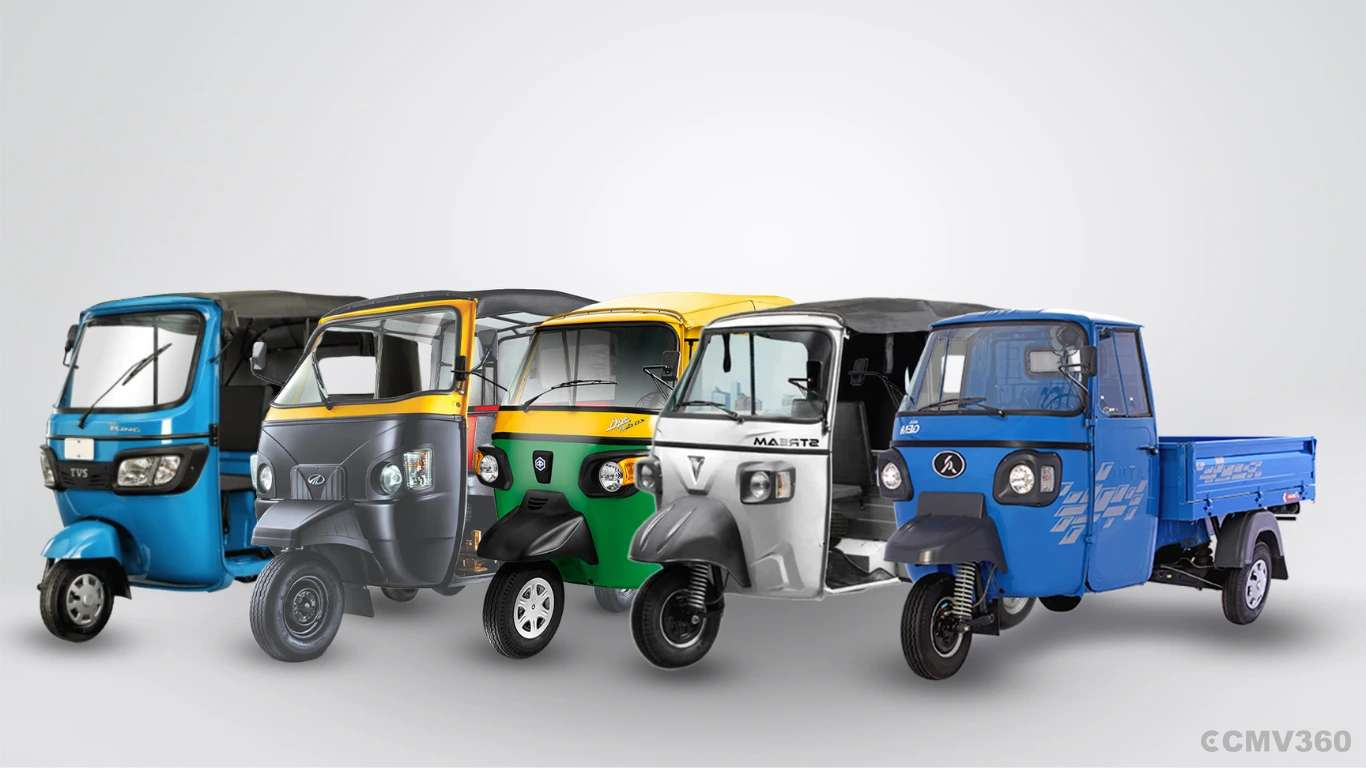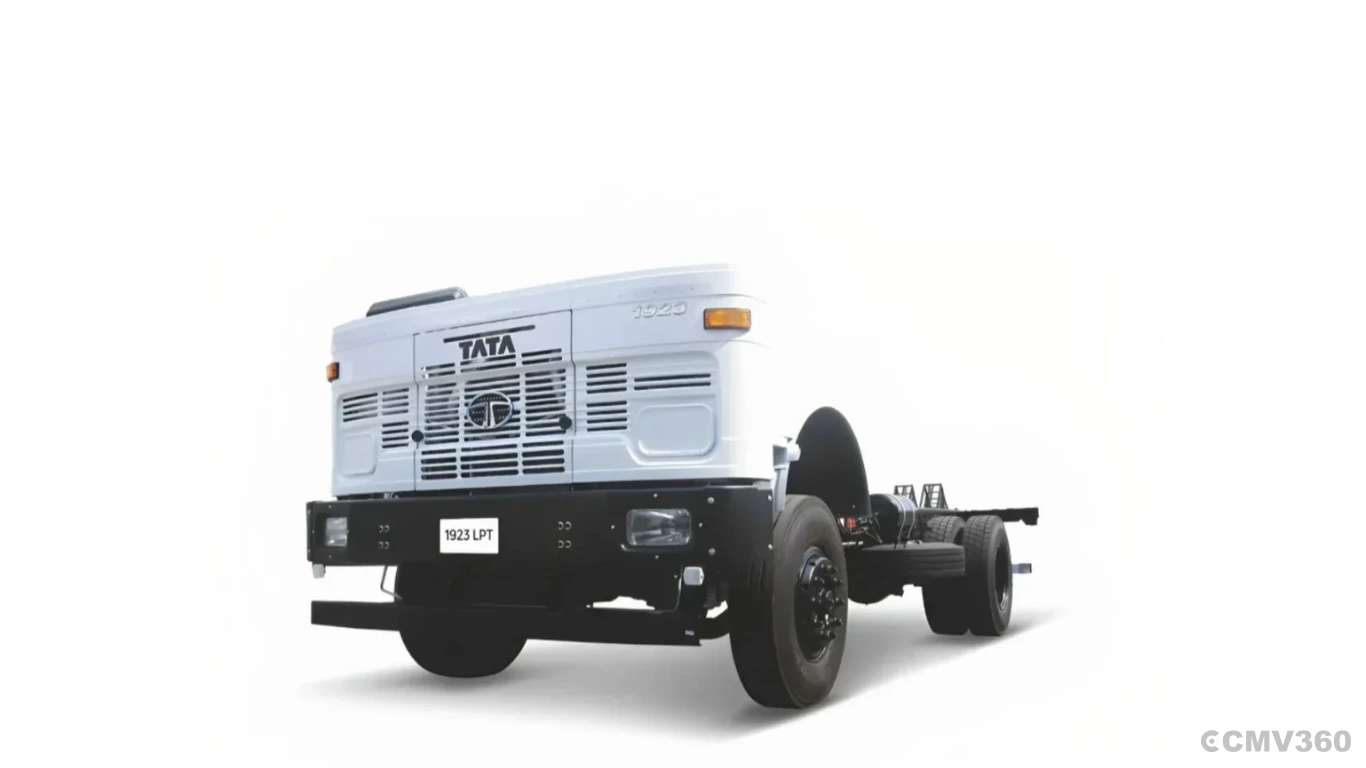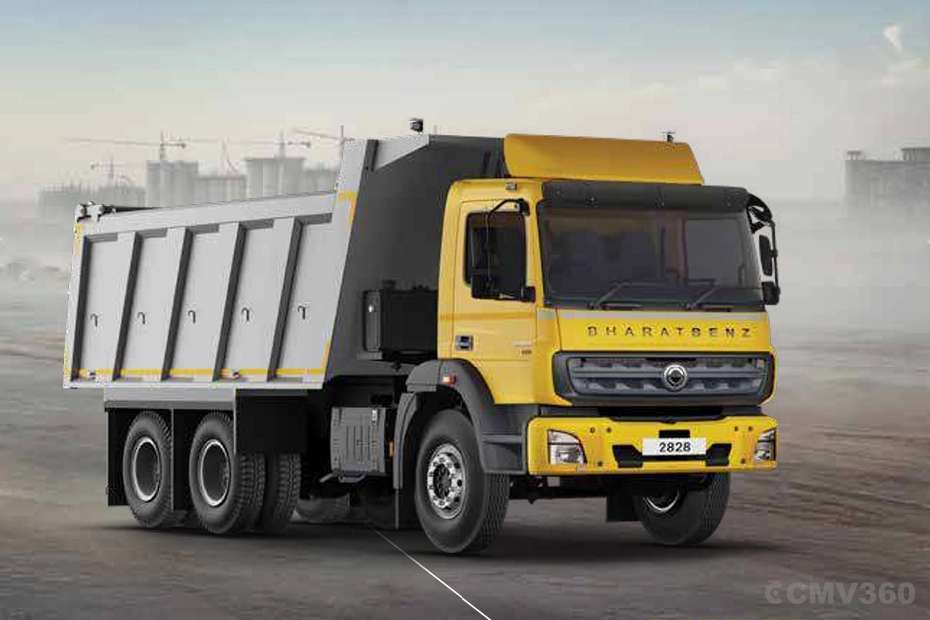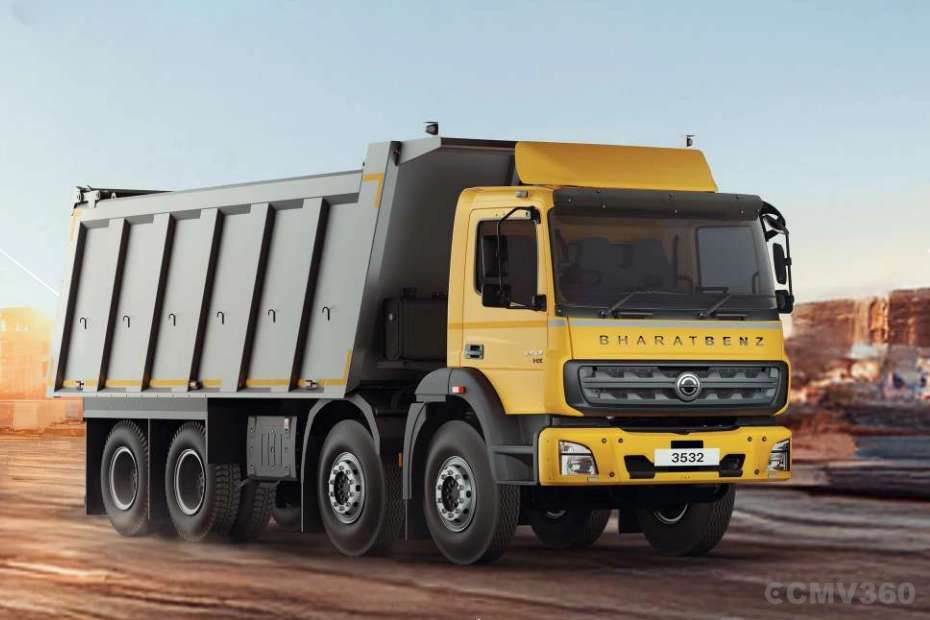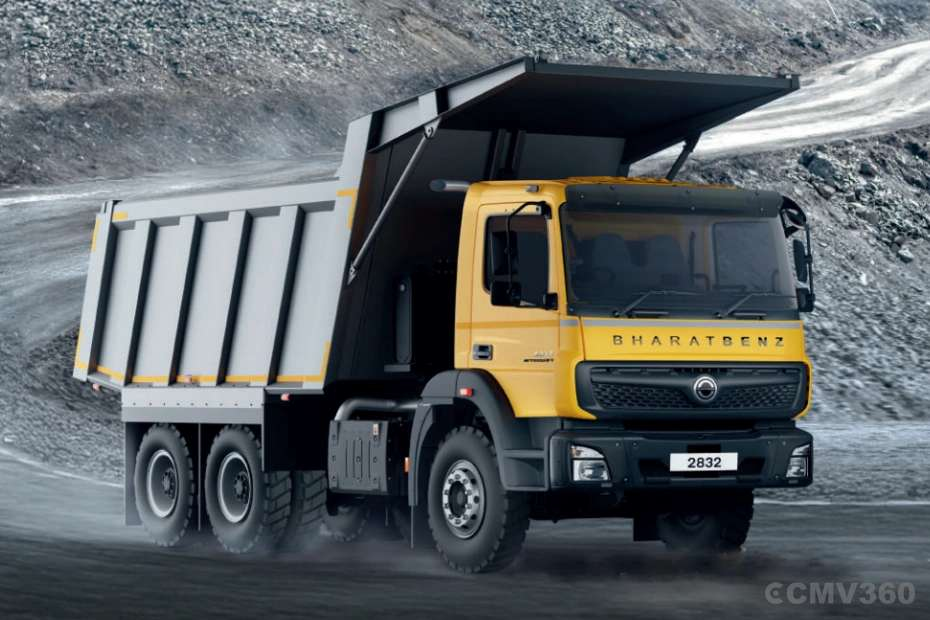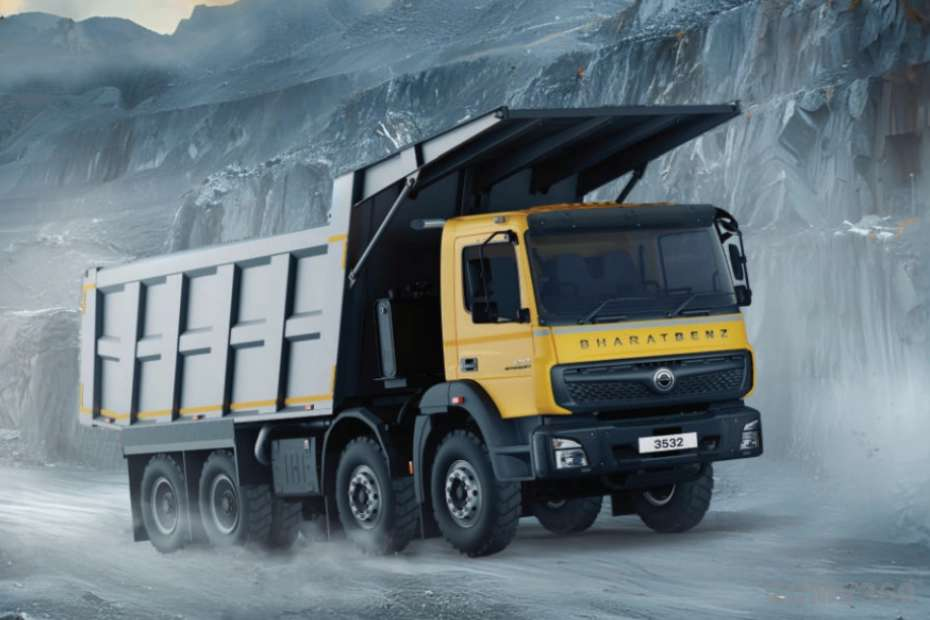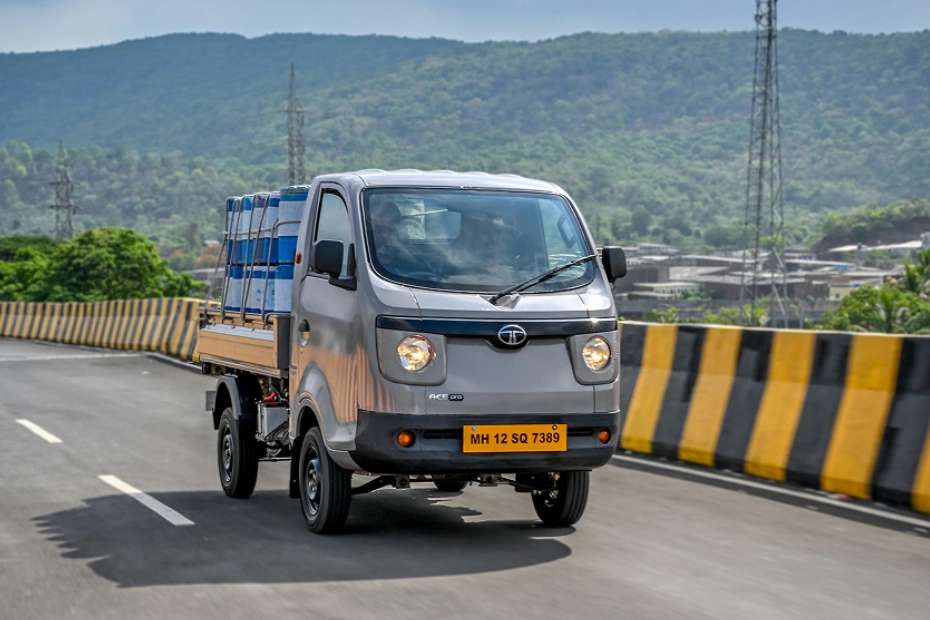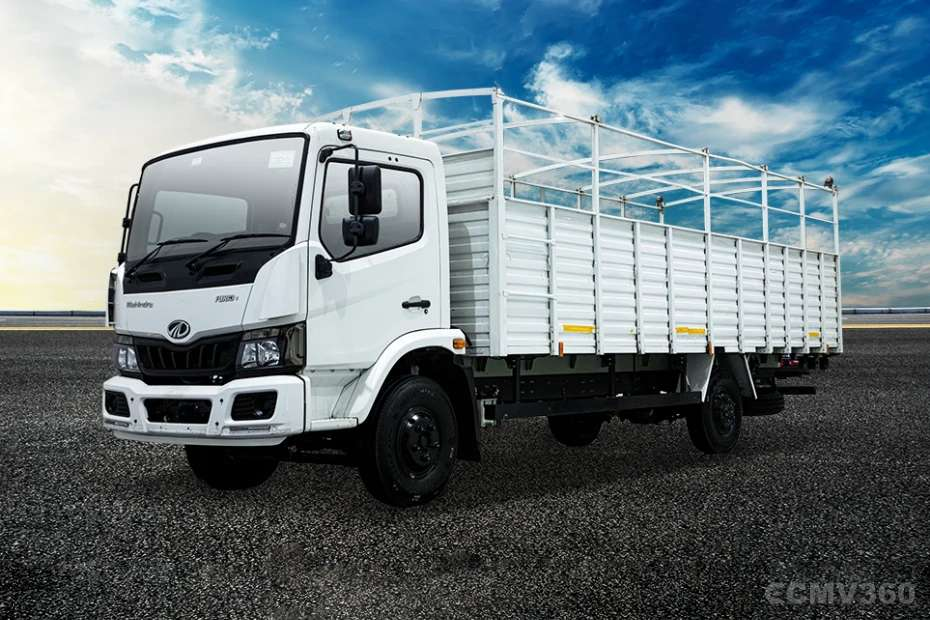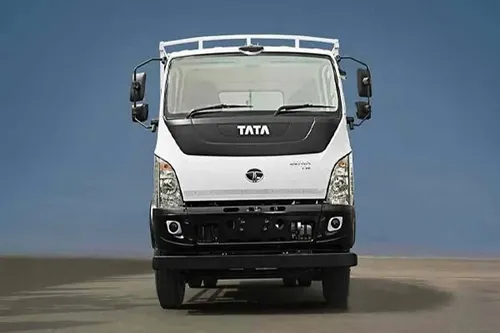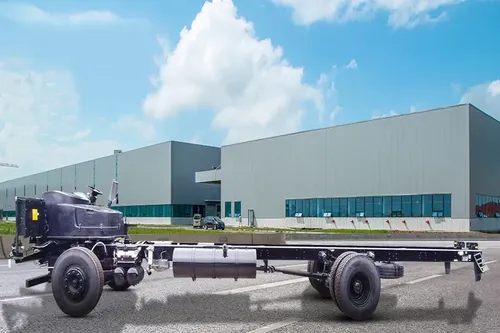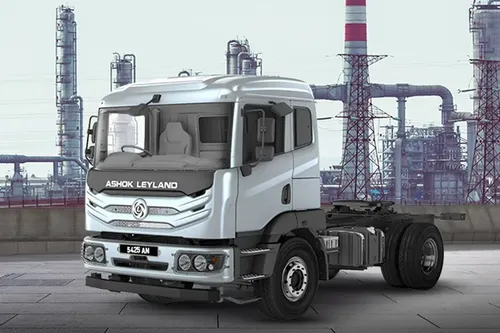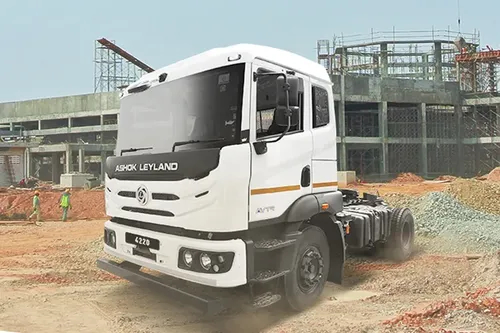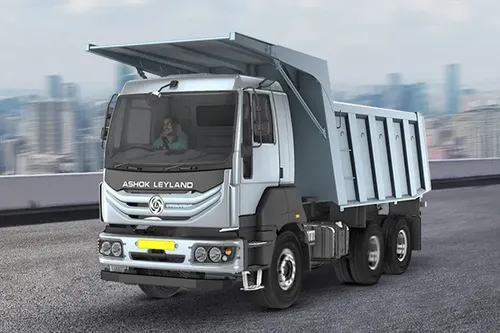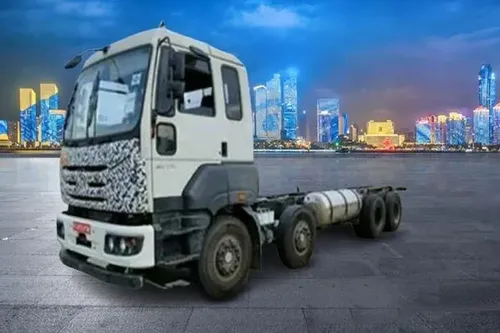Ad
Ad
Government Initiates Early Implementation Plans for BS-VII and CAFE-III Emission Norms

The central government will take severe steps to decrease pollution level and keep ahead in the global market for automobile exports. To combat air pollution produced by automobiles, the government is working on plans to implement strict BS-VII and CAFE-III (Corporate Average Fuel Efficiency) emission norms.
Although they are part of the upcoming five-year sustainability agenda for the transport sector, insiders say preliminary work has begun on their early implementation. The Ministry of Road Transport has begun proposing the structure of BS-VII standards with stakeholders.
Let us remind you that currently, Bharat Stage-VI standard is followed in our country since April 1, 2020. The government will impose stringent BS-VII and Corporate Average Fuel Efficiency-III (CAFE-III) criteria to update emission standards.
The Bharat Stage (BS) emission rules for automobiles in India are similar to the 'Euro' emission standards that apply throughout Europe. If India wants to minimize air pollution and allow Indian automakers to sell their vehicles in global markets, the government have to implement BS-VII regulations.
Importance of BS-VII Implementation
The European Commission has recommended implementing Euro-7 standards for vehicles like cars in July 2025 and buses and trucks in 2027. India also needs to implement these new emission standards for two reasons: to reduce emissions and to export Made in India vehicles to European countries.
If India fails to produce automobiles that meet European pollution requirements, it would struggle to export them and will fall behind in global competitiveness. Let me tell you, the standards are different.
If India fails to produce automobiles that meet European pollution requirements, it will have difficulty exporting them and fall behind in global competitiveness. Emission standards vary from country to country.
If a country wishes to export vehicles to these countries, it must produce vehicles that meet their specifications. Bharat Stage (BS) standards in India are used to measure carbon emissions like Euro standards are used in Europe.
The implementation of the new rules will necessitate coordination with oil firms, which must improve fuel quality, as well as the auto industry, which has historically opposed such reforms. High amounts of investment are also expected in both industries.
The Road Transport Ministry has begun negotiations with stakeholders about the contours of BS-VII rules, as well as how the Euro-7 will eventually take shape.
Last year, transport minister Nitin Gadkari urged the auto industry to begin preparing for BS-VII-compliant automobiles rather than waiting for a government push. It is noteworthy that the government had to set a deadline for the industry to comply with BS-6 norms in 2020.
Also Read: Government Introduces Solar Panel Subsidy: Electric Vehicle Owners to Enjoy Free Charging
Bharat Stage Emission Standards
Bharat Stage, often known as BS Emission Standards, are government-imposed emission standards that all motor vehicles must meet to be sold or operated in India. Currently, all new vehicles sold in India and registered in India must meet BS-VI emission requirements.
The Central Pollution Control Board (CPCB), which reports to the Minister of Environment, Forests, and Climate Change, sets the criteria and timetables for their implementation.
The BS norms are based on the European Emission Standards (Euro standards) and were established in 2000. The first iteration, like the Euro-1, was known as 'India 2000' rather than BS-I. The subsequent emission standards were designated as BS-II, BS-III, and BS-IV.
Corporate Average Fuel Efficiency-III
CAFE-III, or Corporate Average Fuel Efficiency-III, is imposed on carmakers' whole fleets and is a restriction on the total amount of carbon dioxide emitted by all of their vehicles in a fiscal year. These standards compel manufacturers to create more efficient vehicles that generate less emissions while simultaneously increasing fuel efficiency.
The CAFE regulations, which were notified in 2018, have been implemented in two phases: a CO2 emission target of 130 g/km by 2022-23 and 113 g/km from 2022-23.
Impact on Electric Vehicle Growth
BS emission norms and CAFE standards are expected to drive electric vehicle growth in the country. The road transport industry accounts for more than 12% of India's energy-related CO2 emissions and is a major source of air pollution in cities. Transitioning to cleaner vehicles presents a big challenge: how do we make sure car companies follow the rules while keeping prices reasonable for buyers?
With the new BS-VII standards, vehicles can become expensive as they require advanced and new technology to control emissions, there is a need to strike a balance between environmental objectives and market dynamics. Additionally, adequate infrastructure for alternative fuels and charging stations must be developed to support the shift towards greener mobility.
The government is stepping up early to tackle these issues. They want to lead the charge in protecting the planet by setting these new rules. By proactively introducing these norms, policymakers aim to mitigate the adverse effects of vehicular emissions on public health and the environment, fostering a cleaner and healthier future for all.
But it's not just up to the government. We all need to do our duty too. By choosing public transport, sharing rides, or going for eco-friendly cars, we can help cut down on emissions and make a real difference. Basically, these new rules are a big step forward for India in becoming greener and more sustainable.
Also Read: Tips for Selecting the Ideal Mini Truck in India
CMV360 Says
The government's early initiation of plans to implement BS-VII and CAFE-III emission norms signifies a proactive approach towards reducing pollution and maintaining competitiveness in the global automobile market. These stringent standards not only aim to combat air pollution but also drive the growth of electric vehicles.
While challenges such as increased vehicle costs and infrastructure development remain, the government's commitment to environmental protection is commendable. However, collective efforts from all stakeholders, including citizens opting for sustainable transportation choices, are essential to realize a cleaner and healthier future for all.
For more information like this, visit CMV360. Get all the latest models and news on trucks, tractors, buses, three-wheelers, tyres, agriculture and much more on a single platform that is cmv360.
Features & Articles
Top 4 SML Isuzu Buses in India: Prices, Features, and Specifications
Explore top 4 SML Isuzu staff buses in India with features, prices, specs, and usage. Ideal for efficient transport....
06-Aug-25 10:20 AM
Read Full NewsMonsoon Maintenance Tips for Three-wheelers
Simple and essential monsoon maintenance tips for three-wheelers. Learn how to care for your auto-rickshaw during the rainy season to avoid damage and ensure safe rides....
30-Jul-25 10:58 AM
Read Full NewsBest Mahindra 12 WHEELER Truck in India for Heavy Loads
Explore the key features and benefits of Mahindra 12-wheeler trucks for heavy haulage. Learn how these fuel-efficient, durable trucks can boost your transport business....
24-Jul-25 09:55 AM
Read Full NewsTata ACE Pro Truck: One Truck, Three Power Options, Endless Possibilities
Discover the all-new Tata ACE Pro mini truck, India’s most affordable versatile truck offering three power options: electric, bi-fuel, and petrol. A smart choice for gro...
01-Jul-25 07:01 AM
Read Full NewsWhich Truck Chassis Suits You Best? Types, Uses, and Choosing Tips
Explore different types of truck chassis, their features, and how to choose the right one for performance, durability, and specific transport needs....
20-Jun-25 12:30 PM
Read Full NewsTop 5 Tata Ace Trucks in India in 2025
Discover the top Tata Ace trucks in India for 2025. Here are the best 5 Tata Ace trucks in India for 2025 with details on features, fuel options, and simple tips to choos...
17-Jun-25 12:25 PM
Read Full NewsAd
Ad
